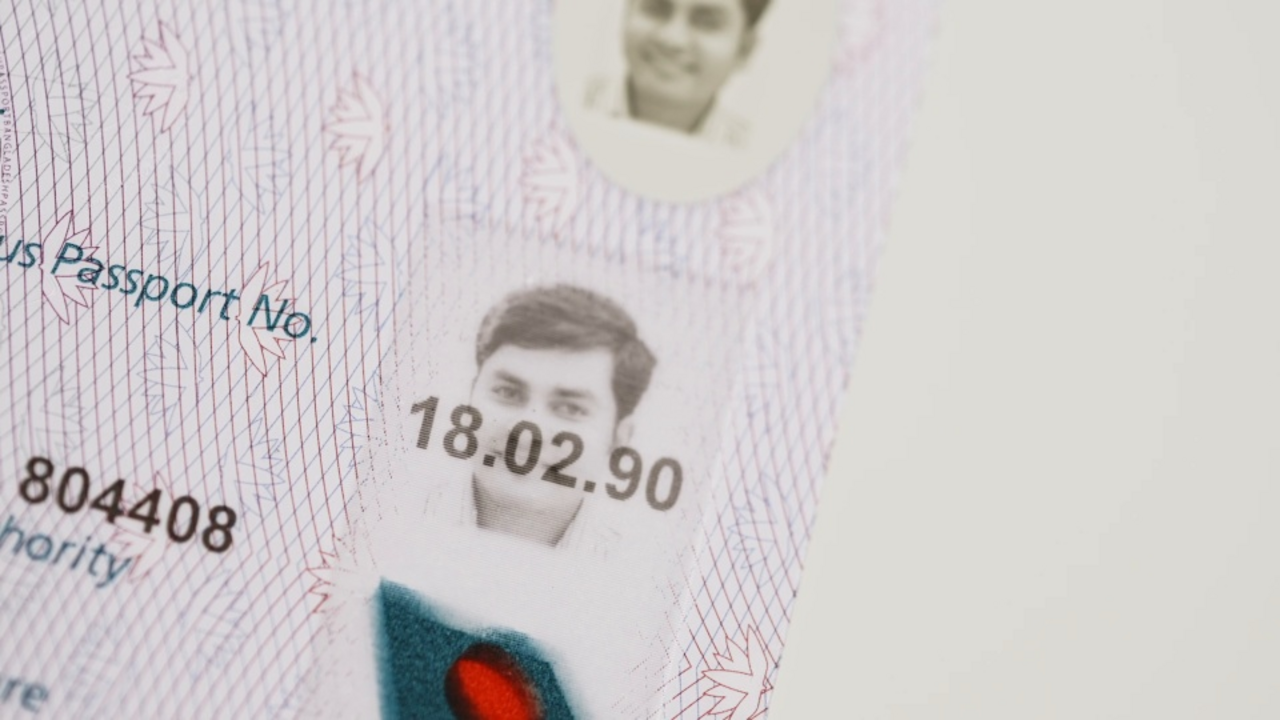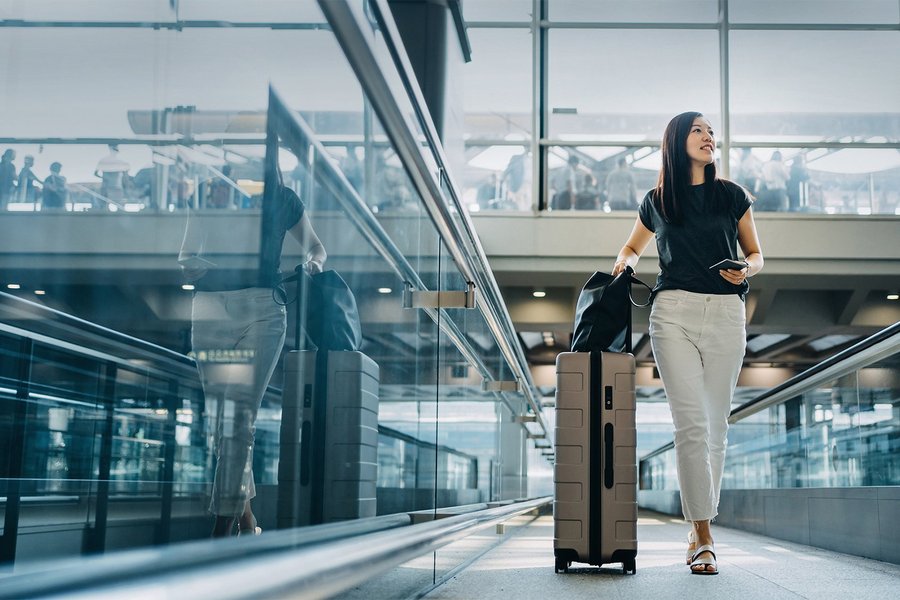In 2020, over 150 countries were using ePassports – two and a half times as many as in 2008.1 Containing enhanced security features, state-of-the-art ePassports help to counter identity fraud, while making airport logistics more convenient: instead of lengthy, manual identification processes, ePassports allow for simpler and more secure immigration processes at border controls with automated passport readers. The implementation of ePassports has many advantages – for airport staff, airlines, governments, and travelers – and travel is made more secure and more efficient for everyone involved. With regard to social distancing measures introduced by the pandemic, eGates channel passengers, allowing for these measures to be better upheld.
Creating high-security, next-generation ePassports for the world’s eighth-most-populous country is no easy task, and it’s quite an undertaking to do so in the midst of a global pandemic. In summer 2018, back when the world was pandemic-free, Veridos won a contract to supply and implement ePassports and border control systems in Bangladesh. The scope was large – a holistic project along the entire value chain, from the establishment of a local production facility, to the supply of components and equipment for passport offices in Bangladesh and around the world, as well as the implementation of a border control system, including eGates.



